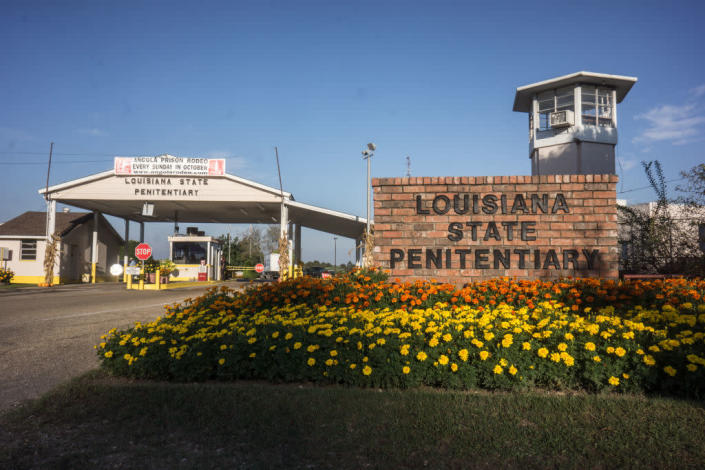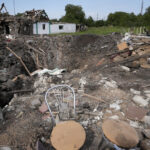A delegation of the Southern Poverty Law Center (SPLC) testified earlier this month before a committee of the United Nations regarding racial discrimination in the U.S., the organization announced Wednesday.
Terrance Winn spoke as part of the delegation before the United Nations Committee on the Elimination of Racial Discrimination (CERD) in Geneva, Switzerland. Winn, a Black man, claims that Black inmates were discriminated against at the Louisiana State Penitentiary, otherwise known as Angola Prison, where he was incarcerated for much of 30 years. He was ultimately released two years ago and now serves as an advocate for prison reform.
Winn also claimed that he and other Black inmates were made to pick cotton at the facility built on a former slave plantation, and that such discrimination continues there.
“As soon as I reached Angola, I went from reading about slavery in my history book to becoming an actual slave,” Winn told the committee. “My first mandatory job was literally picking cotton. While the Black prisoners spent eight hours a day of hard labor in the cotton fields, White prisoners primarily worked inside doing jobs like maintenance and laundry. This is still in practice today.”
SOUTHERN POVERTY LAW CENTER EMPLOYEES PROTEST RETURN-TO-WORK POLICIES, CLAIMING RACIAL DISPARITY
Winn further told the committee that he was sentenced to life in prison at age 16 without parole, but that two White defendants who committed similar crimes were sentenced to eight and 10 years. He was reportedly convicted of murder after a fight between him and another man left an innocent bystander dead.
While imprisoned, he said he was locked in solitary confinement six times — once for 13 months — for nonviolent offenses, such as refusing to engage in what he believed was tantamount to slave labor.
According to the SPLC, Winn said the message he hoped to bring the UN committee is that the U.S. “calls itself the leader of the free world, and it will put any country on trial that doesn’t treat its people right, but, well, the U.S. isn’t treating its own people right.” He said disproportionate numbers of Black people are imprisoned, especially in the South, and that they are subjected to barbarity and corruption that causes them to experience “moments of insanity.”
“How is that making us a model for the free world?” he asked.
The Louisiana Department of Public Safety and Corrections did not immediately respond to a request for comment from Fox News Digital.
Other members of the four-person SPLC delegation included Page Dukes, a formerly incarcerated woman from Georgia who has advocated for voting rights and other issues at the Southern Center for Human Rights since 2019.
The SPLC presented other allegations of systemic racism in the U.S. to the committee, including “the discrimination and abuse of Black migrants to the U.S.; the impact of mass incarceration on children and families; the use of corporal punishment in schools; voter suppression and disenfranchisement of voters with felony convictions; the vast disparities in education and health care funding; the impact on minority communities of the denial of abortion care; and the stark rise in recent years in hate speech and hate crimes.”
The testimony from the delegation marks the first time the SPLC formally appealed to an international body to recognize alleged systemic racism in the United States as a human rights emergency of global concern.
“We believe the SPLC and the dozens of other advocates made a powerful impact as CERD reviews U.S. compliance with the International Convention on the Elimination of All Forms of Racial Discrimination, a treaty signed by 128 countries,” the SPLC explained in a press release.
The UN committee is expected to issue its conclusion to the U.S. upon its closing session on Aug. 30, after which the U.S. will be expected to implement any recommendations and report back in a year, though the committee has no means by which to enforce such recommendations.




